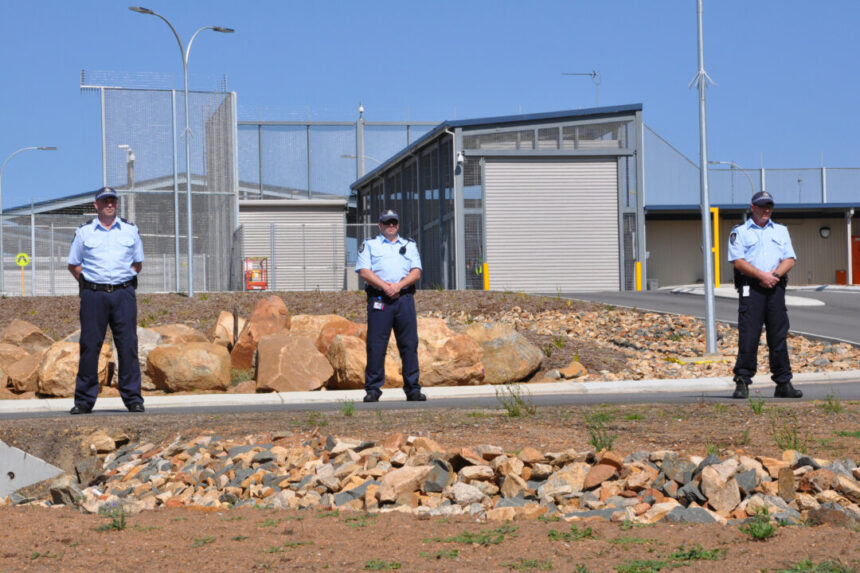Immigration Minister Tony Burke has stated that 90 percent of detainees are convicted criminals.
The Albanese Labor government’s proposed migration amendments could result in the deportation of up to 80,000 individuals across various visa categories.
The amendments to the Migration Act have been approved by the House of Representatives and are currently under scrutiny in a Senate inquiry.
In addition to compensating third countries involved in the deportations, the bill provides immunity to government officials and third-country agents participating in the removals.
Furthermore, it has the potential to reverse protection findings for refugees.
This initiative follows a High Court ruling that deemed indefinite immigration detention illegal, leading to the release of approximately 200 non-citizens, some of whom went on to re-offend.
During Estimates, Immigration compliance official Michael Thomas revealed that the Bill could impact an additional 75,400 individuals, including those on Bridging Visa E, in detention, or from the NZYQ cohort.
Former Manus Island detainee and Kurdish-Iranian writer Behrouz Boochani has criticized the potential impact of the bill, warning that deported non-citizens could face detention and even torture in the countries they are sent to.
“Based on this bill, you are going to send them to another country to start again and we know those countries that you are going to send people actually, they can detain them, they can deport them and they can torture them,” he said.
He accused the government of “banishing refugees to be out of sight and out of mind” and urged senators to reject the bill.
Bill Aims to Improve Safety in Detention Centres
Additionally, the bill introduces new powers for detention officers to seize prohibited items, conduct searches, and maintain order within facilities.
Under the proposed amendments, the minister will have the authority to designate certain items as prohibited if they pose a safety risk.
The bill also enhances officers’ ability to search for and seize prohibited items without a warrant, utilizing methods like detector dogs to aid in searches.
“This bill addresses the requests for action from the Australian Border Force, as well as external parties, including the Australian Human Rights Commission,” stated Immigration Minister Tony Burke.
Burke emphasized that the majority of asylum seekers currently in immigration detention have significant criminal backgrounds, with approximately 90 percent having convictions for violent and drug-related offenses.
The debate on the bill has been postponed for a later date.
Safeguarding Detainees’ Communication Rights
While the bill grants detention staff increased control, it also includes safeguards for detainees’ rights.
If a mobile phone or communication device is confiscated, detainees will be provided with an alternative device to stay in touch with family or legal advisors.
This ensures that detainees’ right to communicate remains intact, as long as the devices are not being misused in ways that could harm others in the facility.
“The bill effectively balances the rights of the individuals with the duty of care owed by the Commonwealth,” Burke said.
AAP has contributed to this article.






